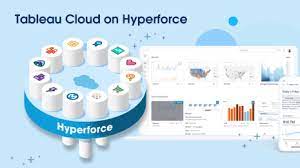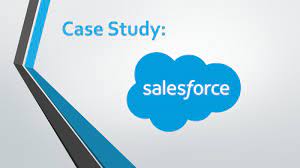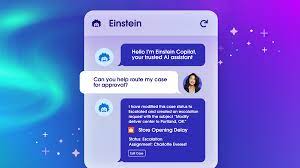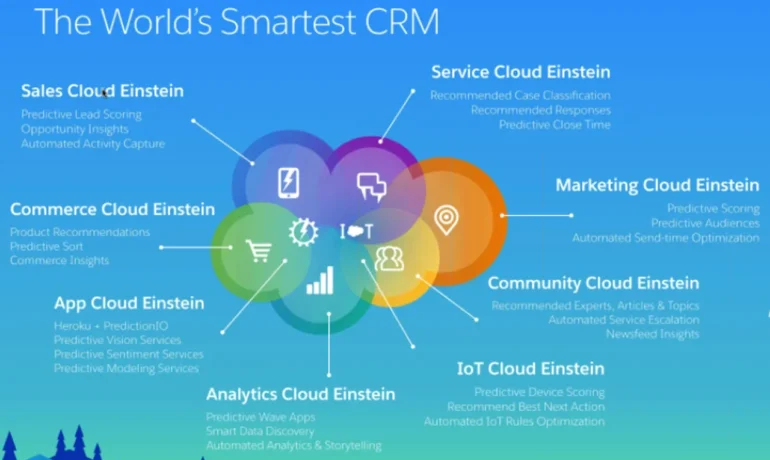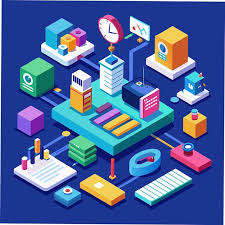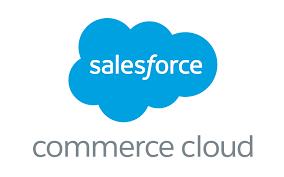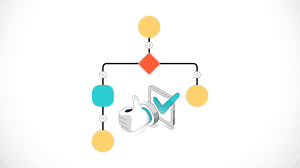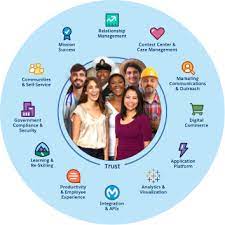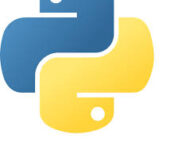Tableau Cloud Hyperforce
What to Know About Tableau Cloud Migration to Hyperforce Tableau Cloud is transitioning to Hyperforce, Salesforce’s next-generation infrastructure for the public cloud, in the second half of 2024. This shift promises enhanced security, scalability, and compliance, allowing customers to better manage data residency and adhere to local regulations. Here’s a closer look at what Hyperforce is, the benefits it brings to Tableau Cloud, and how to learn more about this significant upgrade. What is Hyperforce? Hyperforce is Salesforce’s advanced infrastructure architecture tailored for the public cloud. It marks a significant technological advancement, enabling applications to perform with greater security and efficiency. Unlike traditional hardware-dependent setups, Hyperforce is built on a foundation of code, allowing seamless deployment across global regions. This flexibility ensures effective data residency management and compliance with local laws. This might be a good time to consider moving to Tableau Cloud. Shifting workloads to software-as-a-service (SaaS) solutions has been an increasing priority for organizations for years. As we build for a world facing new economic challenges and uncertainty, executives have increasingly looked to Tableau Cloud, our SaaS offering, to help them develop their own competitive advantages, easily scale, and maximize efficiency. Flexera’s 2023 State of the Cloud reports that 51% of data is now in the public cloud, and nearly half of their survey respondents indicated their organization plans to move from on-premises software to SaaS. More and more organizations are turning to cloud solutions to reduce operational costs and drive their own digital transformation. Benefits of Tableau Cloud on Hyperforce When Tableau Cloud transitions to Hyperforce, customers will experience immediate benefits while retaining the familiar user experience and functionality. Here’s what to expect: Leveraging Salesforce Innovations Hyperforce enables Tableau Cloud to integrate more effectively with Salesforce’s existing innovations and integrations, fostering faster innovation. A notable example is Tableau Cloud Private Connect, which allows secure connections between Tableau Cloud and popular cloud data warehouses and lakes via a private connection, enhancing data transit security. Learning More About the Migration To delve deeper into Salesforce’s Hyperforce platform and the Tableau Cloud migration, refer to the Hyperforce FAQ and the Tableau Cloud Hyperforce Migration article. This migration marks an exciting phase for Tableau Cloud, promising unparalleled scalability, security, and compliance. The enhanced regional availability and compliance standards will enable more organizations worldwide to leverage Tableau Cloud, while the platform’s flexibility will spur faster AI-powered analytics innovations. For those interested in the technical details and implications of this transition, contact Tectonic today. Tableau Cloud is always on the latest version Tableau, which means you get access all of the innovations as soon as they’re available. That means all Tableau AI features that we develop are available to your data community right away. As transformational technologies like LLMs are integrated into Tableau Pulse, your teams can use them to stay up to date on all the most essential metrics immediately. Like Related Posts Salesforce OEM AppExchange Expanding its reach beyond CRM, Salesforce.com has launched a new service called AppExchange OEM Edition, aimed at non-CRM service providers. Read more The Salesforce Story In Marc Benioff’s own words How did salesforce.com grow from a start up in a rented apartment into the world’s Read more Salesforce Jigsaw Salesforce.com, a prominent figure in cloud computing, has finalized a deal to acquire Jigsaw, a wiki-style business contact database, for Read more Health Cloud Brings Healthcare Transformation Following swiftly after last week’s successful launch of Financial Services Cloud, Salesforce has announced the second installment in its series Read more

